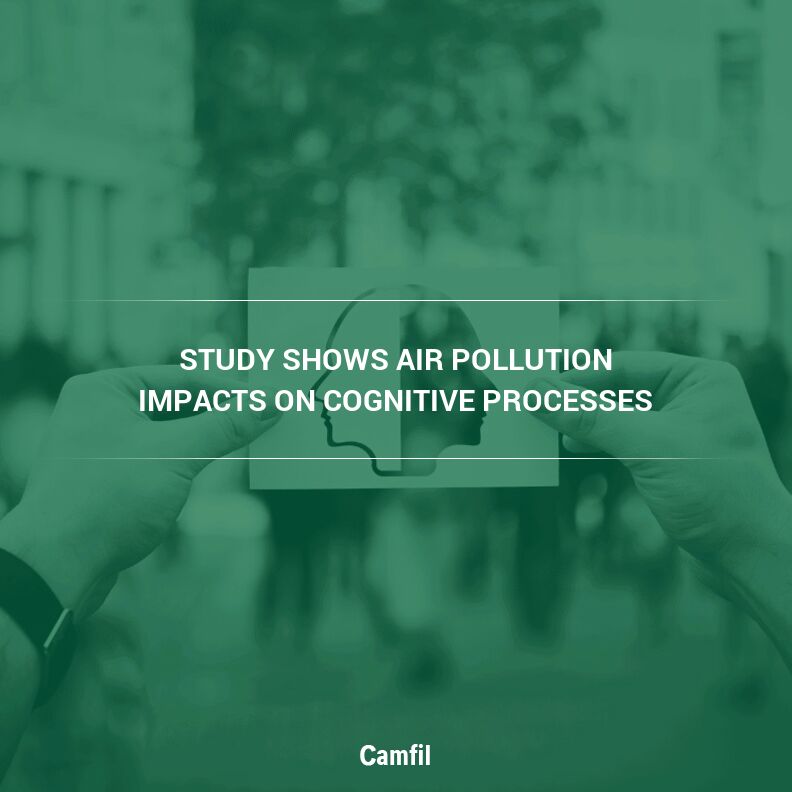
Air Quality May Impact Aspects of Emotional Intelligence, According to New Study
Air pollution has long been recognized as a leading environmental health risk, causing respiratory and cardiovascular diseases. But recent research sheds light on another critical, lesser-known impact—its effect on brain health, specifically cognitive function and emotional intelligence. This blog explores the science behind these findings, the implications for mental health, and practical tips for managing air quality in personal and professional environments.
The Basics of Air Quality
Air quality refers to the degree of pollution present in the air, influenced by factors such as emissions, weather conditions, and natural disasters.
Air pollution can broadly be categorized into two types: molecular (or gaseous) and particulate. Molecular pollutants include gases such as carbon monoxide (CO), sulfur dioxide (SO), nitrogen oxides (NOₓ), and volatile organic compounds (VOCs). These gases are often emitted from industrial processes, vehicle exhaust, and the burning of fossil fuels. They can have significant effects on respiratory health and contribute to issues like smog and acid rain.
Particulate pollutants, also commonly referred to as particulate matter or particle pollution, consist of tiny solid particles or liquid droplets suspended in the air, known as particulate matter (PM). They are typically classified based on their size: PM10 (particles with a diameter of 10 micrometers or less), PM2.5 (particles 2.5 micrometers or less) and PM1 (particles 1 micrometer or less)....
Read Full Story: https://cleanair.camfil.us/2025/02/19/air-quality-may-impact-aspects-of-emotional-intelligence-according-to-new-study/
Your content is great. However, if any of the content contained herein violates any rights of yours, including those of copyright, please contact us immediately by e-mail at media[@]kissrpr.com.